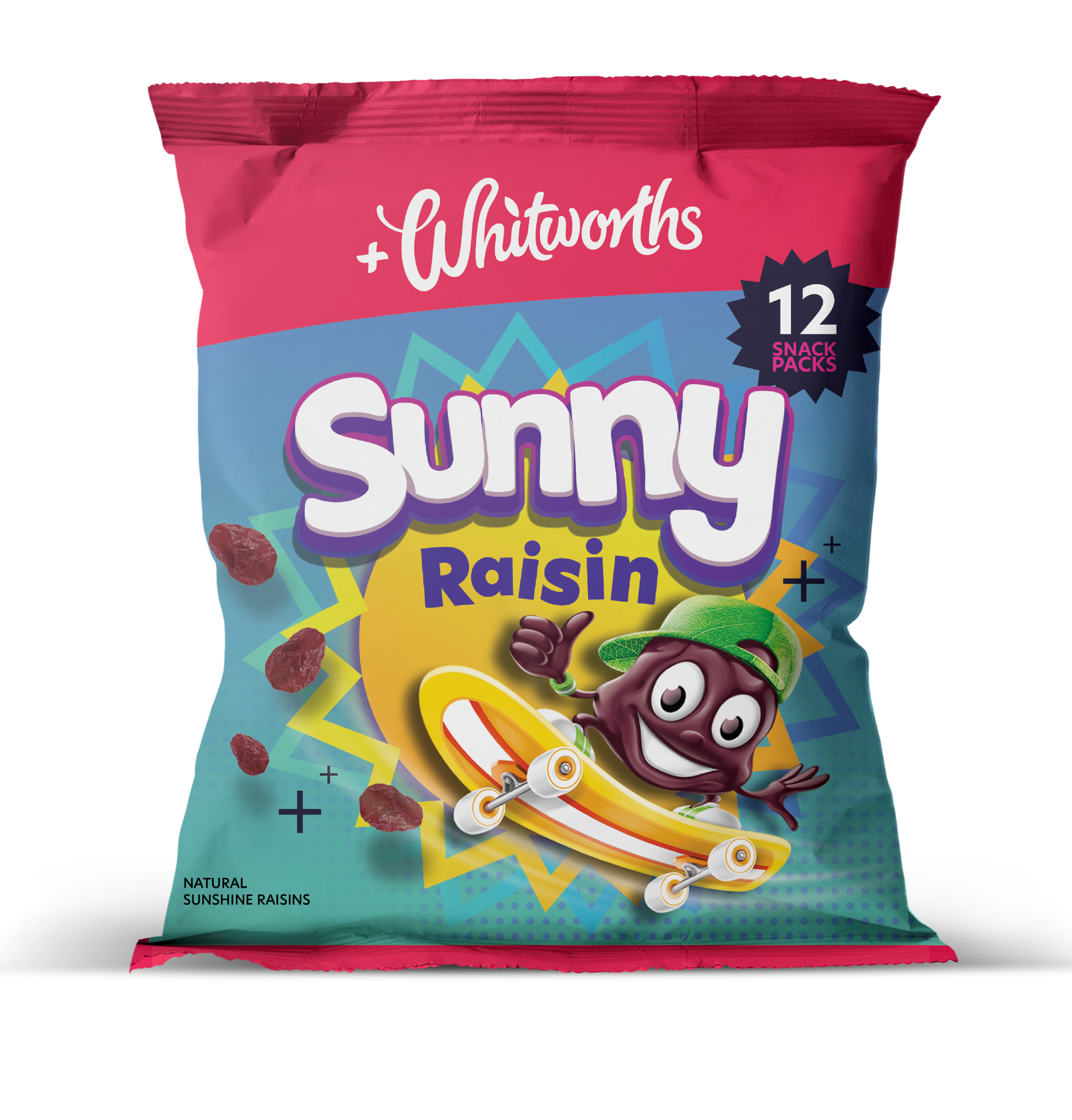Healthy Heart
In our journey towards better health, the role of nutrition in supporting cardiovascular wellness cannot be overstated. Dried fruits, nuts and seeds offer a treasure trove of nutrients that not only tantalize our taste buds but also fortify the components of a healthy cardiovascular system.
From the rich antioxidants to the heart friendly Omega-3 fats, adding these superfoods to your diet can contribute to a robust circulatory system.
Potassium
Potassium is essential for cardiovascular health, and insufficient intake can increase the risk of heart disease. Research supported by the National Institutes of Health (NIH) has shows that low dietary potassium contributes to arterial calcification and stiffness – key factors in atherosclerosis, where fatty deposits clog blood vessels and arteries.
In studies with mice prone to atherosclerosis, those on a low-potassium diet exhibited significantly more arterial calcification and stiffness compared to those on normal or high-potassium diets. Further cellular analysis revealed that low potassium intake prompted vascular smooth muscle cells to adopt characteristics similar to bone cells, promoting calcification. These findings suggest that adequate potassium intake helps to maintain flexible, healthy arteries and may reduce the risk of cardiovascular diseases such as high blood pressure, heart disease and strokes. 1
Want to increase your potassium intake? Try some dried apricots, pistachios, raisins, prunes and brazil nuts.
Folate
Folate supports cardiovascular health mainly by helping to lower homocysteine levels in the blood, a compound linked to increased levels of heart disease and strokes. It also improves blood vessel function by enhancing nitric oxide production and acts as an antioxidant to reduce oxidative stress. Whilst research is still ongoing into whether lowering homocysteine directly reduces the risk of heart disease, folate’s broader role in supporting healthy blood flow and vessel integrity makes it an important nutrient for heart health.2
If you are looking for foods which are high in folic acid, you should try: almonds, walnuts, dried apricots, dates, figs and raisins.
Alpha-linolenic Acid
Alpha-linolenic acid (ALA) is a plant-based Omega-3 fatty acid found abundantly in nuts such as walnuts and seeds like flaxseeds and it plays a significant role in cardiovascular health. According to a narrative review published in the International Journal of Molecular Sciences, dietary ALA contributes to reducing the risk of cardiovascular diseases through several mechanisms. Including:
– Lowering levels of low-density lipoprotein (LDL) cholesterol and triglycerides, exerting anti-hypertensive effects by helping to balance blood pressure, and providing anti-atherosclerotic benefits that protect against arterial plaque build-up. Furthermore, ALA serves as a precursor to longer-chain omega-3 fatty acids like eicosapentaenoic acid (EPA) and docosahexaenoic acid (DHA), which are known for their heart health benefits. Although the conversion rate of ALA to EPA and DHA in humans is relatively low, particularly in men, increasing ALA intake through a diet rich in nuts and seeds can still contribute to cardiovascular protection. This is especially pertinent given that ALA is an essential fatty acid, meaning it must be obtained through diet.3
Natural sources of ALA include: Walnuts, flaxseeds, chia seeds and even some low levels in dried apricots.
Best dried fruits, nuts and seeds to help you ‘Think Sharp’:


References:
- How too little potassium may contribute to cardiovascular disease, National Institutes of Health, https://www.nih.gov/news-events/nih-research-matters/how-too-little-potassium-may-contribute-cardiovascular-disease [Accessed: 06/05/25]
- Folates and Cardiovascular Disease, M.C. Verhaar, E. Stroes, and T.J. Rabelink, AHAIASA Journals, https://www.ahajournals.org/doi/10.1161/hq0102.102190#:~:text=Lowering%20of%20Homocysteine%20Levels&text=This%20homocysteine%2Dlowering%20effect%20of,causal%20factor%20in%20cardiovascular%20disease. [Accessed: 06/05/25]
- Alpha-linolenic Acid and Cardiovascular Events: A Narrative Review, National Library of Medicine, https://pmc.ncbi.nlm.nih.gov/articles/PMC10531611/ [Accessed: 06/05/25]







 Back to knowledge library
Back to knowledge library